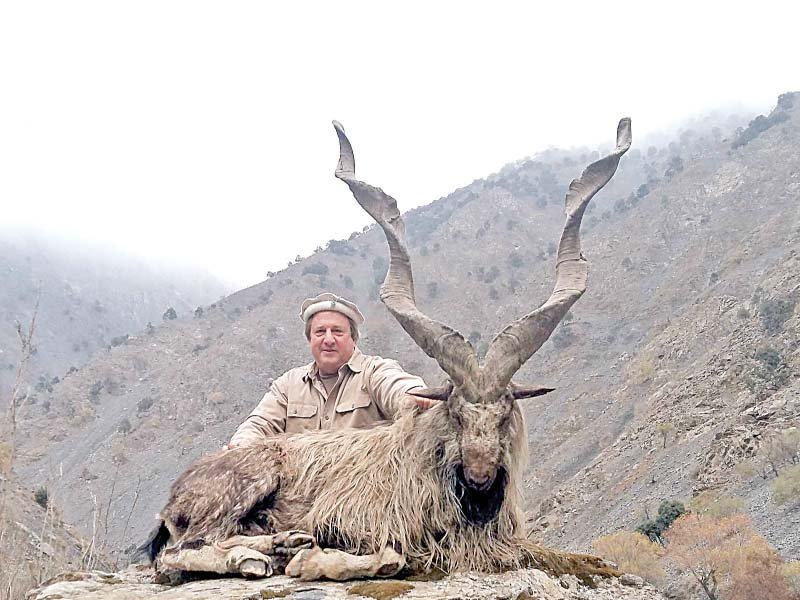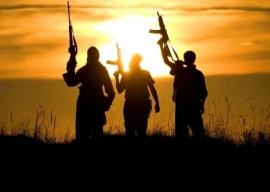
According to CITES website, Appendix I lists species that are the most endangered among CITES-listed animals and plants. They are threatened with extinction and CITES prohibits international trade in specimens of these species except when the purpose of the import is not commercial.
Importing zoo animals: Punjab Wildlife Department unable to secure permit
Appendix II lists species that are not necessarily now threatened with extinction but that may become so unless trade is closely controlled.
Dropping the animal from the list of most endangered species will reduce its value as a trophy and due to lowered price, the mountain communities now safeguarding it will give up the effort, making it susceptible to be hunted into extinction.
Millions of vultures were eliminated within a short span of 10 years due to such down listing in the past. The provinces have also backed the viewpoint of Ministry of Climate Change that markhor should not be moved from CITES Appendix I to Appendix II in the Wildlife Management Board meeting on Tuesday.
The US Department of Interior Fish and Wildlife Service (USFWS) had sought Pakistan’s proposals regarding moving markhor from Appendix I to Appendix II a few months ago.
In response to the request, the USFWS received a recommendation of Safari Club International (SCI) to transfer markhor from Appendix I to Appendix II.
Since Pakistan is a range country for this species, the USFWS sought its opinion on the matter. In response to USFWS letter, the MoCC said that Pakistan had been implementing community based trophy hunting programme since early 1990s, which had proved a success in terms of increase in population of the species and social and economic uplift of the communities.
Under this programme, communities get 80% of the revenues generated and in return were actively involved in community-based conservation activities from watch and ward to monitoring of species. Communities are willing to join the programme and therefore Pakistan intends to get its existing quota to be increased at the next meeting of CoP.
SC bars use of Markhor logo on PIA planes
Pakistan said that due to climate change threat, the habitat of markhor was changing. The community based trophy hunting programme helped in conservation and increase of its population.
The biggest threat which markhor faced and caused decline in its population was poaching in its habitat and being in Appendix I, gives it a special conservation status in Pakistan which paid off in increasing its population but there was a need to consolidate its conservation gains achieved in past.
“Being in the appendix I, markhor trophy has high price, if it is down listed its price will reduce and community will not give it as much protection because of its low prices,” MoCC adduced its viewpoint, adding that mountain communities could start killing more animals to maintain previous level of revenues.
Published in The Express Tribune, July 4th, 2018.

1732274008-0/Ariana-Grande-and-Kristin-Chenoweth-(1)1732274008-0-165x106.webp)



1724249382-0/Untitled-(640-x-480-px)1724249382-0-270x192.webp)


1732270499-0/Express-Tribune-(7)1732270499-0-270x192.webp)
1732267715-0/BeFunk_§_]__-(32)1732267715-0.jpg)







COMMENTS (3)
Comments are moderated and generally will be posted if they are on-topic and not abusive.
For more information, please see our Comments FAQ